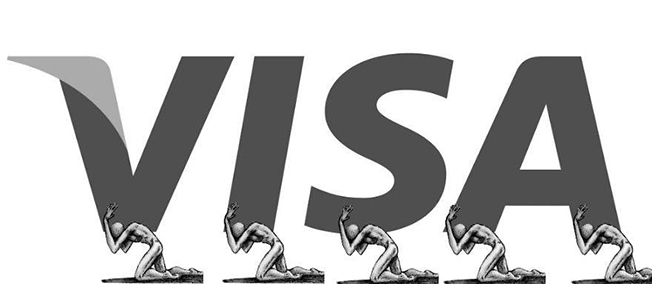
It was not a good day to be a World Cup sponsor. The anti-FIFA sentiment is growing so vocal and the corruption so deep that brands are starting to have doubts about their affiliations with the world's biggest sporting event.
Top sponsors McDonald's, Adidas and Budweiser expressed concern today over corruption charges brought against FIFA officials, and the indictments were just the latest bout of negative publicity.
Some in the ad world said the backlash could cost FIFA sponsorships. But, in the age of Twitter, Snapchat, Instagram and Tumblr, who needs to be an official partner of the games?
"This is an interesting scenario. Brands have found great ways to be involved in big events like the World Cup without actually being an official sponsor," said Jordan Bitterman, chief strategy officer at WPP's Mindshare. "This puts a lot of pressure on FIFA."
Today, the U.S. Justice Department indicted 14 FIFA officials, accusing them of bribery and other schemes. The organization has a history of corruption and was the target of a brutal but hilarious takedown segment on John Oliver's HBO show.
FIFA has even been accused of turning a blind eye to slave-labor-like working conditions in Qatar, the site of the 2022 tournament and mega-construction projects to facilitate the games.
All of this spells bad news for the official sponsors now in the spotlight.
"McDonald's takes matters of ethics and corruption very seriously, and the news from the U.S. Department of Justice is extremely concerning," the fast-food chain said in a statement today. "We are in contact with FIFA on this matter. We will continue to monitor the situation very closely."
Fellow sponsors Adidas and A-B InBev, which owns Budweiser, issued similar statements.
There has been a harsh social-media response to FIFA and its partners, with one anti-ads group posting pictures of brands' logos reimagined as promoting human rights abuses.
The World Cup generated $1.5 billion in advertising in 2014 and was the biggest event on social media last year—bigger even than the Olympics and the Super Bowl, according to Adobe.
Twitter saw a boost in users and revenue thanks to interest in the tournament, and all social channels tried to attract some of that attention, especially from marketers.
"Real-time platforms like Twitter and Facebook are in very good positions," Bitterman said.
FIFA could see sponsors revolt, but marketers will still spend on Twitter, Instagram and the rest come game time, Bitterman said. It doesn't matter how many indictments FIFA has, "brands are activating their affiliation with the game," not the governing body, he said.
Still, with plenty of time before the next World Cup in Russia, official partners can take a wait-and-see approach. With the stories swirling for years about FIFA corruption, none of today's indictments were a shock to these brands, Bitterman said.









